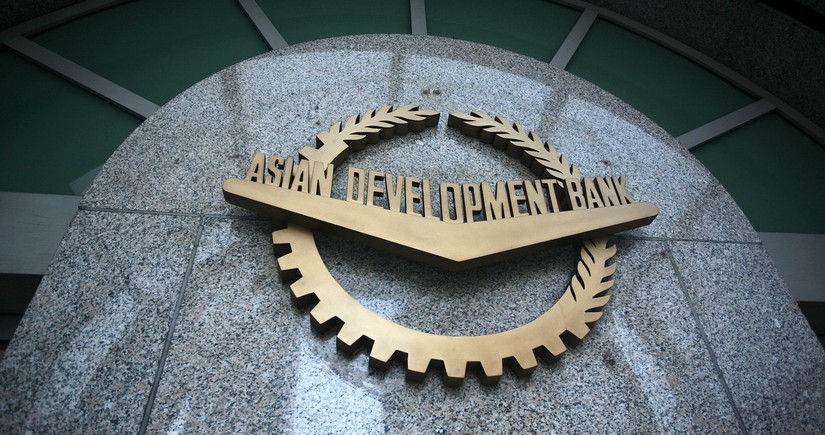ADB to provide technical assistance for eco-friendly and sustainable urban development in Azerbaijan
- 18 March, 2025
- 14:44

The Asian Development Bank (ADB) is set to allocate $2.1 million in technical assistance under its project titled "Implementing Greener, More Sustainable, and Inclusive Approaches for Cities in the Asia-Pacific Region."
Report informs, citing the ADB, that the project will encompass Azerbaijan, Armenia, Bangladesh, Cambodia, Mongolia, Nepal, the Philippines, the Marshall Islands, the Solomon Islands, and Uzbekistan.
The funding for the project will be sourced from:
$1 million from the Urban Resilience Trust Fund as part of the Urban Financing Partnership Facility
$500,000 from the Water Financing Partnership Facility
$600,000 from the High-Level Technology Fund
This project is focused on supporting developing countries in the region in creating and assessing key investment initiatives that include integrated solutions aimed at environmentally sustainable, climate-resilient, and inclusive urban development.
This integrated approach to urban development will attract additional subprojects with funding from different donors, ensuring they are implemented in a harmonious and sequential manner, leading to more effective execution than isolated initiatives, ADB noted.
ADB underlined that developing countries in the Asia-Pacific are particularly vulnerable to climate change and natural disasters. With a population of 2.3 billion, and urbanization rates surpassing 50%, the region faces immense challenges in achieving sustainable growth.
40% of global natural disasters occur within this region.
The region is home to 84% of the population affected by disasters.
Between 2000 and 2019, six out of the ten most affected countries by climate change were in the Asia-Pacific (Bangladesh, Myanmar, Nepal, Pakistan, the Philippines, and Thailand).
Coastal and mountainous regions, such as the Hindu Kush and Himalayas, are particularly at risk of floods and extreme weather events.
Estimates reveal that:
60–80% of global energy consumption and 75% of carbon emissions originate from cities in the region.
Major sources of pollution include fossil fuel burning, transportation, poor waste management, and deforestation.
The region contributed to nearly half of the world’s greenhouse gas emissions in 2018.
Over 60% of large and mid-sized cities in the region experience poor air quality.
Plastic pollution is on the rise, with 90% of marine litter coming from land-based plastic waste.
ADB highlights that many cities in the region are struggling with issues like poor governance, inadequate coordination, and low local revenue generation. To enable sustainable urban development, the region needs to focus on attracting private investments, broadening tax bases, and improving administrative capacity.
The project's goal is to boost integrated urban investments while fostering knowledge and tools to aid in sustainable growth.
Key areas of focus include promoting "green," sustainable, and inclusive urban projects, advancing smart technologies, enhancing knowledge of integrated solutions, building city management capabilities for innovative projects
By implementing these measures, ADB believes that countries will be able to create environmentally friendly, resilient, and inclusive cities capable of tackling climate change, natural disasters, and social inequality.
